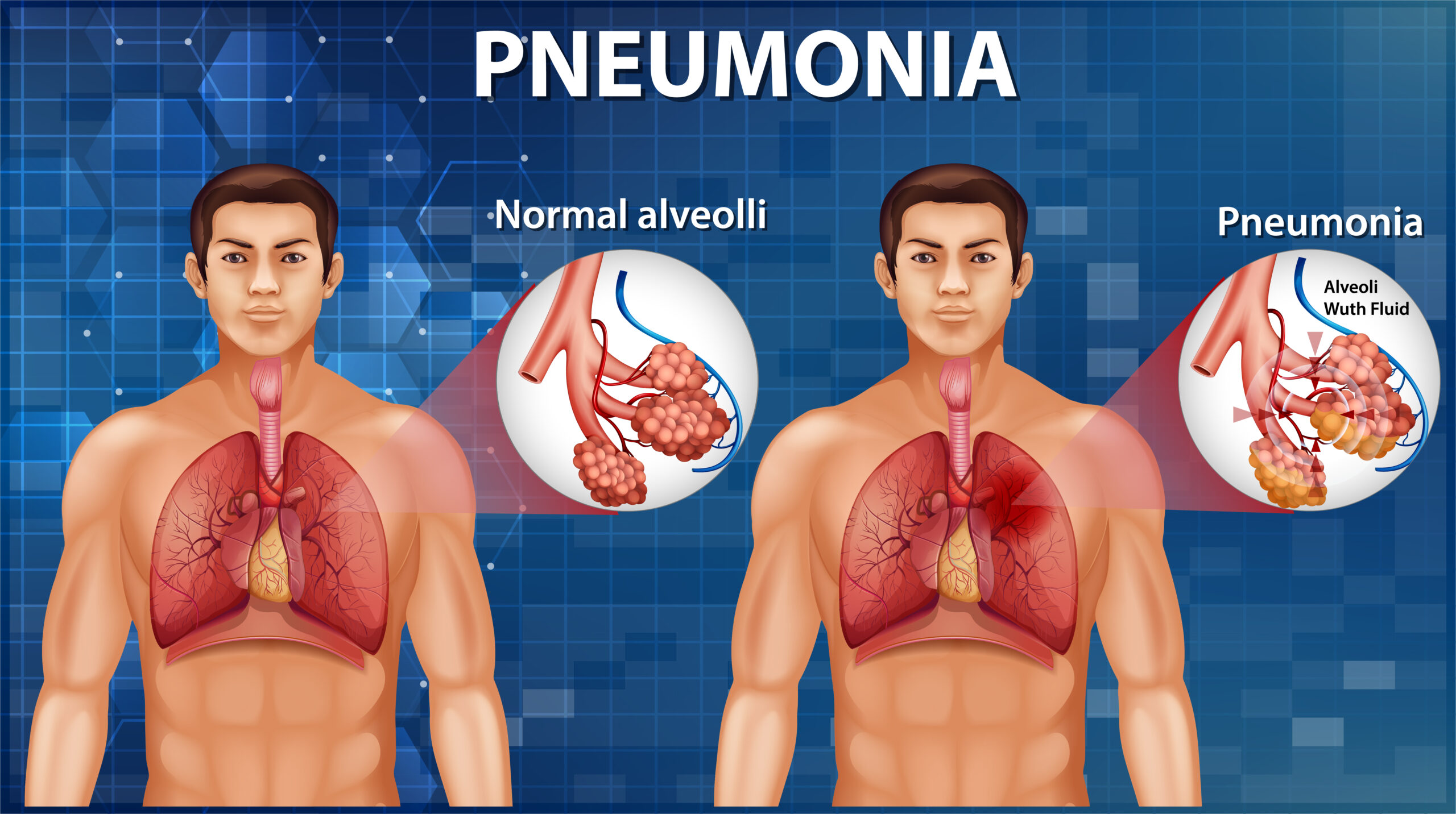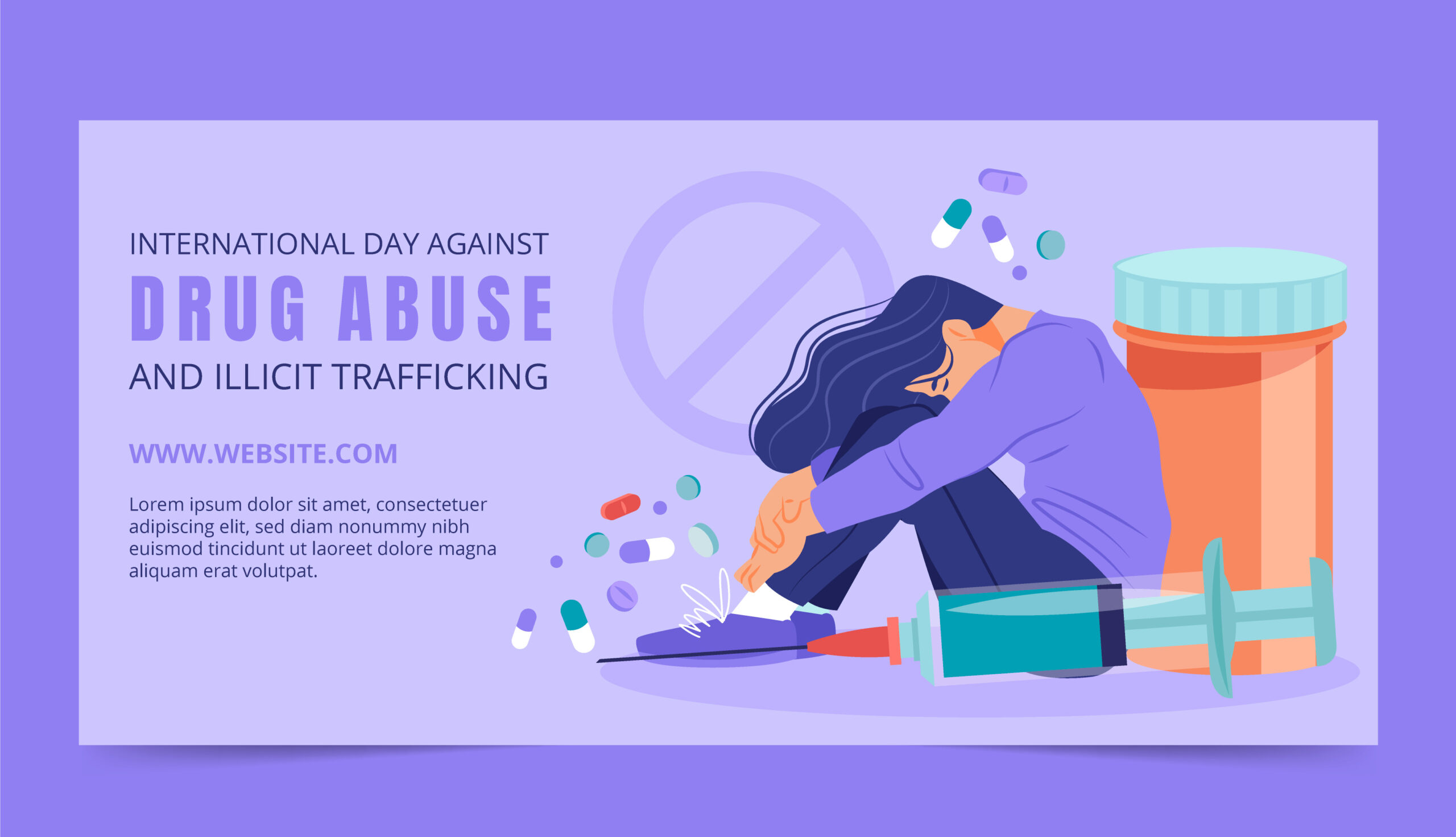Social media has become an indispensable part of our everyday lives in the current digital era. Social media sites like Twitter, Instagram, and Facebook have completely changed how we communicate with one other and the outside world. It used to be possible for us to keep up with the newest trends and maintain relationships with our loved ones. But there are drawbacks to this ongoing interaction, particularly in terms of our mental health.
The Connection Between Social Media and Mental Health
Although social media has many advantages, it may also have a detrimental effect on our mental health. Research has indicated that an overindulgence in social media usage may result in emotions of unease, hopelessness, and isolation. Our mental health might be negatively impacted by the need to maintain an online presence, exposure to unpleasant news, and continual comparison with others.
What is a Social Media Detox?

A social media detox involves taking a deliberate break from social media platforms. This break can last for a few days, weeks, or even months, depending on individual needs. The goal of a detox is to reduce the negative impact of social media on mental health and to create a healthier relationship with these platforms.
Benefits of a Social Media Detox:
1-Better Mental Health: Social media withdrawal might help lessen anxiety and depressive symptoms. People frequently feel less stressed and more satisfied with their own life when they are not subjected to the continual onslaught of information and comparisons.
2-Increased Productivity and Focus: Social media may be a big source of distraction. People can restore their attention by taking a step back, which increases their productivity on both personal and professional duties.
3-Improved Sleep: Too much screen time, particularly right before bed, might interfere with sleep cycles. By limiting screen time, a social media detox can improve the quality of your sleep.
4-Re-establishing Meaningful Relationships in Real Life: People may devote more time to creating and sustaining meaningful relationships in real life by reducing their internet usage.
How to Successfully Implement a Social Media Detox

1-Establish Specific Objectives: Determine your desired outcome and the length of time you want to spend detoxing. Setting and achieving specific objectives will keep you motivated, whether your goal is to increase productivity or lessen worry.
2-Inform Your Network: Inform your followers and friends that you will be taking a vacation. This will lessen the need for you to maintain accountability and stay in touch.
3-Replace Social Media Time with Positive things: Read, work out, or spend time with loved ones are examples of things that may be done to make up for the time you would typically spend on social media.
4-Progressive Detox: If a whole detox seems too much at first, start by cutting back on your social media usage bit by bit. Cut down on the amount of time you spend on these sites every day until you’re at ease taking a longer break
The Long-Term Effects of a Social Media Detox
Long-term advantages from a social media detox are possible, but it’s crucial to continue using social media in moderation. This entails establishing limits, exercising caution while consuming material, and routinely evaluating the impact of social media on your mental well-being.
FAQS:
What is a social media detox?
How long should a social media detox last?
Can a social media detox improve my mental health?
Will I lose touch with friends and family during a detox?
What should I do instead of using social media?
How can I ease back into social media after a detox?
Is it necessary to completely quit social media?
Conclusion:
It’s more crucial than ever to take a step back and concentrate on mental health in a world where social media is pervasive. A social media detox is a useful strategy to lower stress, enhance mental health, and reclaim time management. It’s possible to design a more positive and healthy digital experience by deliberately choosing when and how to interact on social media.
DENGEROUS VIRUS IS GOING ON: MONKEYPOX







Very informative 😯
THANKS JOHN